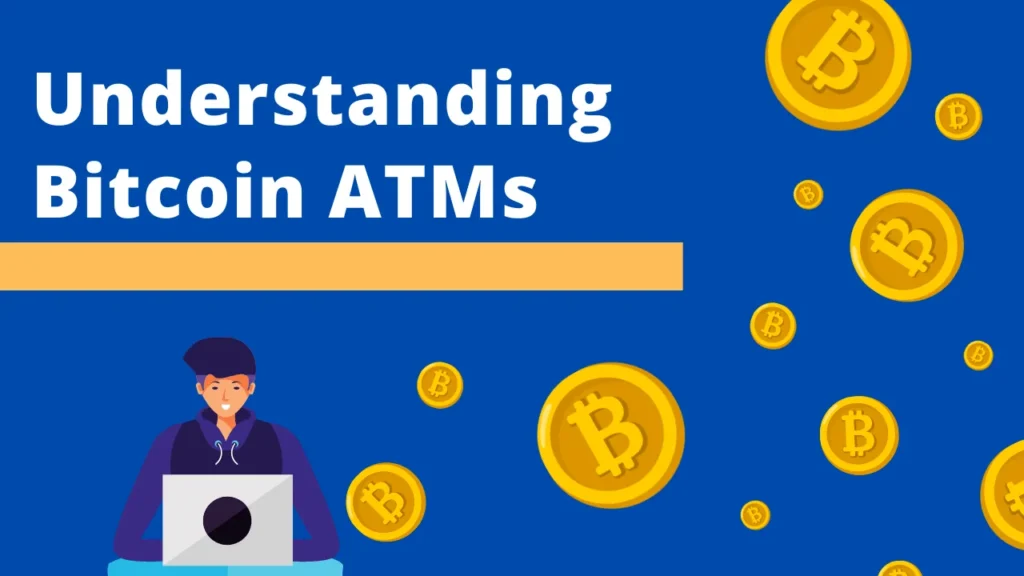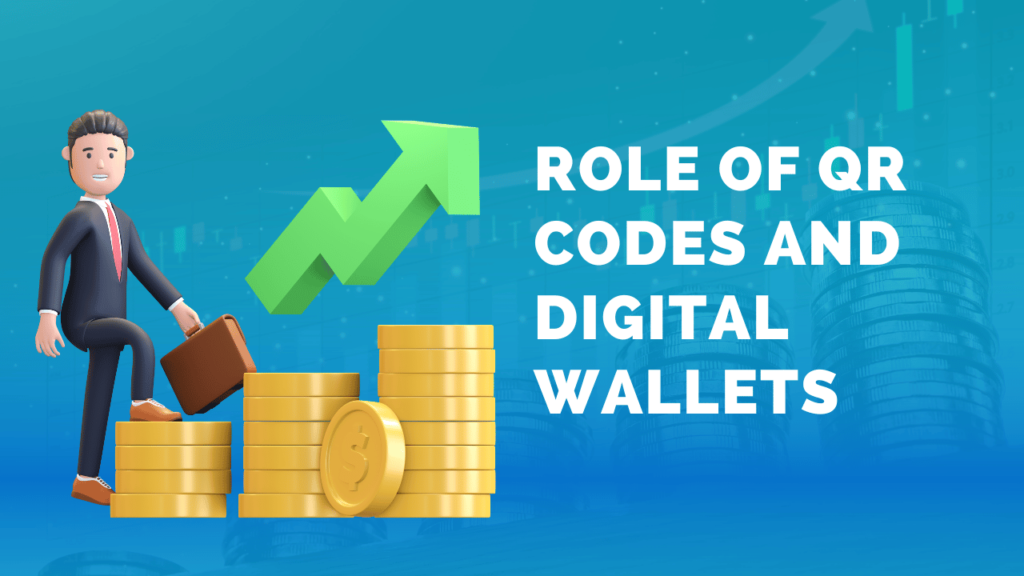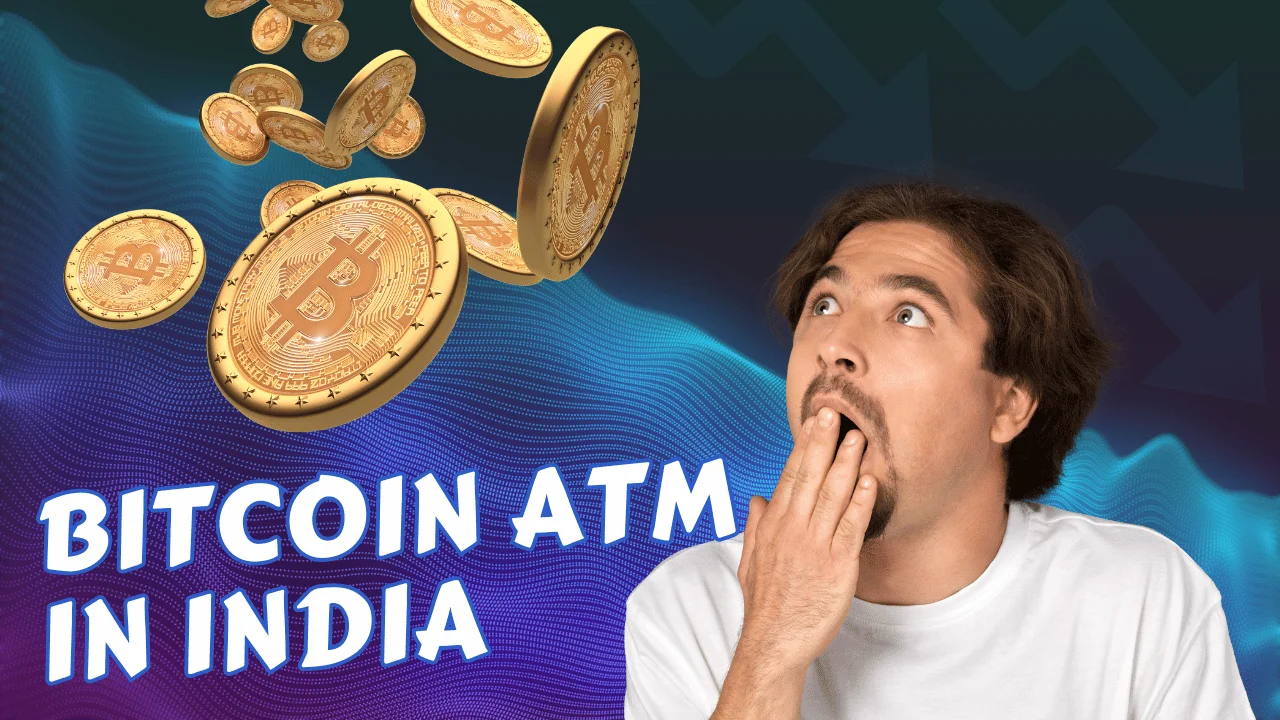Introduction
In the midst of India’s intricate regulatory landscape, the emergence of Bitcoin ATM in India marks a pivotal moment in the ever-evolving digital finance sphere. These machines serve as a crucial link between the Bitcoin network and users, enabling instantaneous cryptocurrency transactions while circumventing traditional banking systems. With their advent, Bitcoin ATMs introduce a paradigm shift in financial inclusivity and technological innovation, offering a direct avenue for purchasing, selling, and transferring Bitcoin and other cryptocurrencies. In this article, we delve into the intricacies of Bitcoin ATMs in India, exploring their operational mechanisms, regulatory challenges, and the profound implications they hold for the advancement of digital banking in the country.
Understanding Bitcoin ATMs

What Are Bitcoin ATMs?
Individuals can participate in the cryptocurrency market through direct, easy transactions made possible by Bitcoin ATMs, which are specialised kiosks. Bitcoin ATMs connect with digital wallets through QR codes, as opposed to conventional ATMs that link to bank accounts in order to withdraw or deposit fiat money. The instantaneous transfer of cryptocurrencies is made possible by this, which increases the accessibility of digital assets for everyone. Their entry into the Indian market is a big deal because it gives people a physical place to buy and sell digital currencies, which is a big step towards mainstreaming cryptocurrencies.
First Steps in Bengaluru
Unocoin, a provider of blockchain solutions, was the first to install a Bitcoin ATM in India. This ATM in Bengaluru was built to promote direct cryptocurrency transactions by evading banking restrictions imposed by the Reserve Bank of India (RBI). While the attempt was thwarted due to swift legal obstacles, it highlighted the possibilities and difficulties of integrating cryptocurrencies into India’s financial system.
Regulatory Challenges
Bitcoin ATMs in India are constantly being watched because of the complicated regulatory landscape. A major roadblock to these machines’ broad adoption is their legal status, which is highly dependent on the RBI’s changing position on digital currencies. Bitcoin ATMs in India are facing uncertain times due to changing regulatory views; users and operators alike should keep themselves updated on any new laws that may affect their industry.
Role of QR Codes and Digital Wallets

The utilisation of Quick Response (QR) codes to enable transactions is a crucial component of Bitcoin ATMs. For safe and easy cryptocurrency purchases and sales, users need only scan the QR code on their digital wallet. As the central component for Bitcoin ATM transactions, digital wallets are highlighted by this method as crucial to the cryptocurrency ecosystem.
A Double-Sided Sword
The irreversibility of Bitcoin ATM transactions is one of their defining characteristics. This feature prioritises user caution while simultaneously enhancing security by preventing fraud. It is crucial to be careful with every transaction because mistakes cannot be reversed. Users should be mindful of this aspect in order to prevent possible losses.
Future of Digital Finance in India
Promoting Cryptocurrency Adoption
Regardless of the obstacles, Bitcoin ATMs are vital in increasing the use of cryptocurrencies in India. They make digital transactions more accessible by creating a tangible interface, which helps the general public understand cryptocurrencies and gets them involved in digital finance.
Technology Behind Bitcoin ATMs
Bitcoin ATMs rely on a complex combination of hardware and software to safely process cryptocurrency transactions. Users who want to successfully traverse the world of digital currencies must comprehend how these machines function.
Security Measures and Risks
Bitcoin ATMs may be convenient, but they pose security risks. The security features of these machines and the steps users should take to avoid unauthorised access are important considerations for users. A key to reducing possible security risks is raising awareness and educating the public.
Market Analysis
The increasing demand for Bitcoin ATMs in India is indicative of the rising popularity of cryptocurrencies. An in-depth examination of the market shows the possibilities and challenges encountered by Bitcoin ATM operators, shedding light on the country’s digital finance landscape going forward.
Regulatory Roadmap for Legalization
Bitcoin ATMs cannot be legalised in India until there is a well-defined regulatory framework. In order to integrate them into the financial system in a way that strikes a balance between innovation and security, stakeholders and regulators must work together.
Engaging with the Bitcoin Network
Direct Cryptocurrency Transactions
Bypassing conventional banking channels, Bitcoin ATMs in India enable direct transactions within the cryptocurrency network. By involving users directly, we can make cryptocurrencies more accessible and give them more control over their digital assets. People are more involved in and knowledgeable about the digital economy when they can conduct transactions with their digital wallets, giving them greater agency over their cryptocurrency transactions.
Blockchain Solutions for Financial Market
Blockchain, the technology behind Bitcoin ATMs, provides strong answers to the problems plaguing India’s financial market. The efficiency, security, and openness of blockchain technology are crucial for the cryptocurrency industry to streamline transactions and maintain integrity. Bitcoin ATMs have the ability to usher in a new age of financial independence by reducing dependence on traditional banking systems and potentially leading a revolution in the way financial transactions are conducted.
Irreversible Transactions and User Responsibility
The importance of user responsibility is highlighted by the irreversibility of Bitcoin ATM transactions. Even though it prevents fraud, this feature makes users pay more attention and be more precise. To make sure their interactions with Bitcoin ATMs are well-informed and purposeful, people should verify transaction details and fully grasp the consequences of their actions.
Cryptocurrency Regulations
Reserve Bank of India’s Stance
The Reserve Bank of India had a significant impact on the regulatory environment in India pertaining to Bitcoin ATMs and cryptocurrencies. The legality and practicality of Bitcoin ATMs in the nation are affected by the RBI’s wary stance towards digital currencies. Anyone planning to use or run a Bitcoin ATM in India would do well to familiarise themselves with the RBI’s position, since it has a direct impact on the regulatory and compliance framework that these machines must adhere to.
Legal Status and Operational Challenges
There is a lot of grey area in the regulations and practical difficulties surrounding the Bitcoin ATMs’ legal status in India. These unknowns affect the location of ATMs and the services they can provide, so operators and users must deal with them together. Bitcoin ATMs must remain compliant with all applicable laws and regulations, which means keeping up with the latest legal news is crucial.
Future Amid Regulatory Uncertainties
Even though there are some regulatory roadblocks, Bitcoin ATMs in India have a bright future. To shape a favourable environment for these machines, regulators, industry stakeholders, and the cryptocurrency community must maintain an ongoing dialogue. India has the opportunity to fully utilise Bitcoin ATMs and establish them as a foundational element of the digital finance ecosystem by resolving regulatory uncertainties and creating a transparent legal framework.
FAQs
Can I buy Bitcoin anonymously at an ATM in India?
No, in order to meet regulatory requirements, Bitcoin ATMs in India demand user verification, which makes anonymity less of a feature.
Are Bitcoin ATM transactions in India safe?
Although it’s safe to make a purchase, consumers should still be wary of their digital wallets.
What cryptocurrencies can I buy at a Bitcoin ATM in India?
Even though Bitcoin is the main focus, depending on the operator, some ATMs may also accept transactions in other cryptocurrencies.
How do I find a Bitcoin ATM near me in India?
You can find Bitcoin ATMs in India and all over the world by searching online directories.
What fees are associated with using a Bitcoin ATM in India?
Although fees differ per machine and operator, they are typically greater than the rates offered by online cryptocurrency exchanges.
Also Read: Bitcoin Mining in India
Conclusion
At the intersection of innovation and regulation, Bitcoin ATMs in India stand as beacons of accessibility in the burgeoning cryptocurrency landscape. These machines not only symbolize the evolving financial paradigm but also serve as tangible gateways for enthusiasts and novices alike to enter the realm of digital currencies. Despite the upcoming regulatory hurdles, their emergence underscores the growing interest in and acceptance of cryptocurrencies within the Indian market. With each installation, a Bitcoin ATM in India becomes a node in the expanding network of decentralized finance, offering users a convenient means to buy, sell, and interact with digital assets. As these ATMs proliferate across the nation, they hold the promise of revolutionizing traditional banking norms, empowering individuals to engage with financial services in unprecedented ways. Amidst this transformative wave, stakeholders eagerly anticipate regulatory clarity that could further catalyze the widespread adoption and integration of Bitcoin ATMs into India’s evolving financial infrastructure.

Timothy Jensen is an expert writer who specializes in the world of cryptocurrencies, including blockchain technology and Bitcoin. He has a passion for explaining complex topics in an easy-to-understand way. Timothy’s work aims to demystify the digital currency landscape for his readers.

